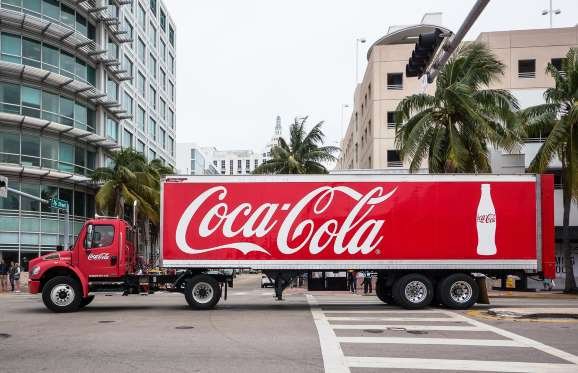1- According to the Coca‑Cola Company, the word Coca-Cola is the second most widely understood term in the world after 'okay'. The enduring success of the brand is put down to its iconic logo and its ground-breaking bottling process. In 1899 it began selling bottling rights to privately owned bottling plants. By 1939 the drink was being bottled in 44 countries from Australia to France. It still puts its success down to the strong local relationships it holds with Coca-Cola bottlers worldwide.

2- Fast food chain McDonald's was the first restaurant business to get its staff to use factory assembly line techniques to speed up the cooking process. They went on to create a universal product line that rapidly produces a pretty much identical meal from Thailand to Turkey. Customers found and continue to find this uniformity comforting and reliable, welcoming being able to eat a burger and fries that tastes exactly the same wherever they are in the world.

3- Apple was not an overnight success. It slowly built up its market share as people began to appreciate that its products looked great and were incredibly simple to learn to use. Apple then took control of its content streams with the launch of iTunes and the App Store and this drove sales of its hardware and software further and at the same time reinforced the brand's intuitive concept. From its stores to its screens, everything Apple is stylishly designed and easy to navigate.

4- Amazon's main focus has always been on its customers, rather than its competitors. It concentrates on giving its customers what they want and predicting what they will want in the future. It's a risky strategy, but when the online book retailer expanded its product line to cover everything from toys to clothes it paid off. The launch of the Amazon Kindle, Amazon Prime and Amazon Echo are examples of other calculated risks that provided the customer with what they didn't previously know they needed.
